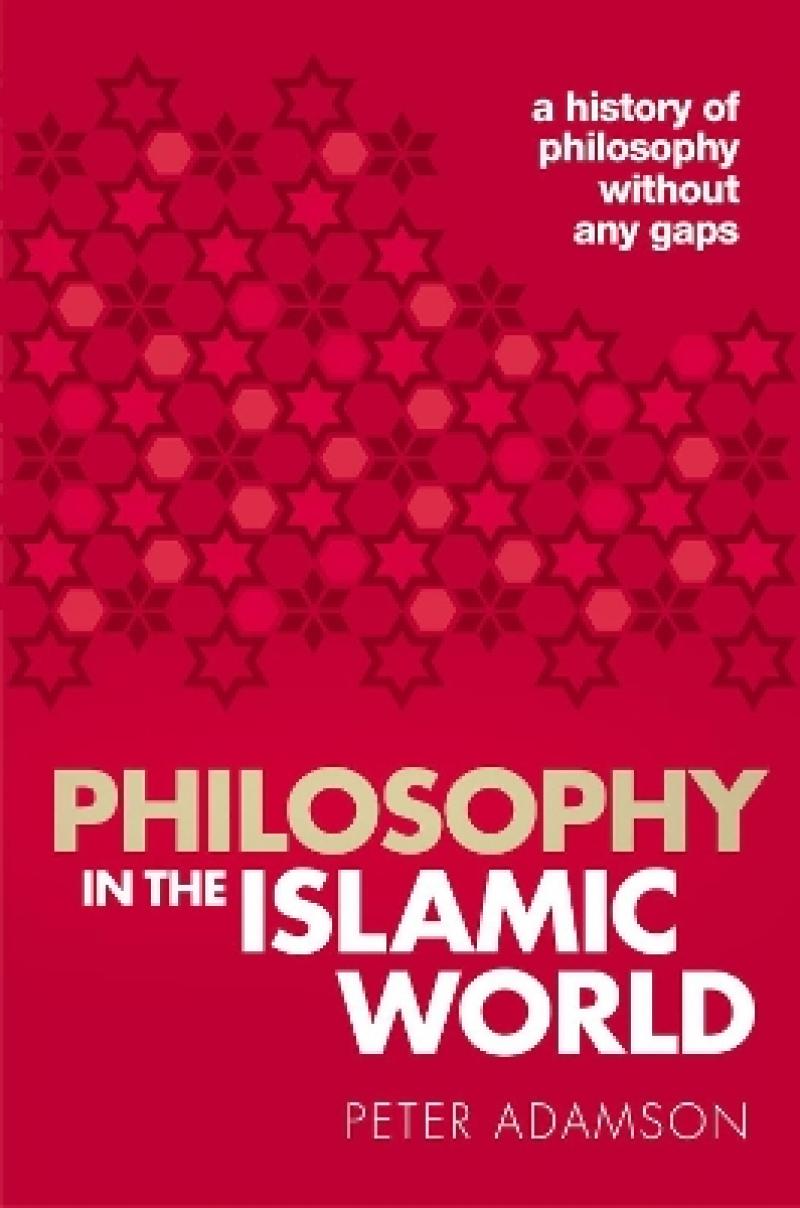Adamson gives a solid introduction to this encompassing history, which clearly will help students to acquire a serious first knowledge of this rich and complex history, but also often offers the advanced reader interesting insights.
Jules Janssens, Tidschrift voor Filosofie
[Adamson's] account of philosophy in the Islamic world and the larger project of which it is a part establish a new paradigm for telling the story of philosophy.
Carlos Fraenkel, Los Angeles Review of Books
This is a well-written and interesting work . . . the author deserves credit for engaging with such a complex subject and making it accessible to the public.
Muhammad Khan, The Muslim News
From the first volume onwards, a repeated refrain has been philosophers arguing that being a philosopher is the best choice in life. These books are so engaging, instructive, and diverting, it might almost make you believe that is true.
Stuart Kelly, Scotland on Sunday
short, conversational chapters sparkling with new ideas, interpretations and a lively sense of humour. Adamson is so easy to learn, absorb, and enjoy, that all the info slips down with hardly a hiccup.
Steve Craggs, Northern Echo
bite-sized, well-indexed chapters on key philosophers, movements, and developments which took place in the Islamic world.
Daniel J. Levy, Jewish News
